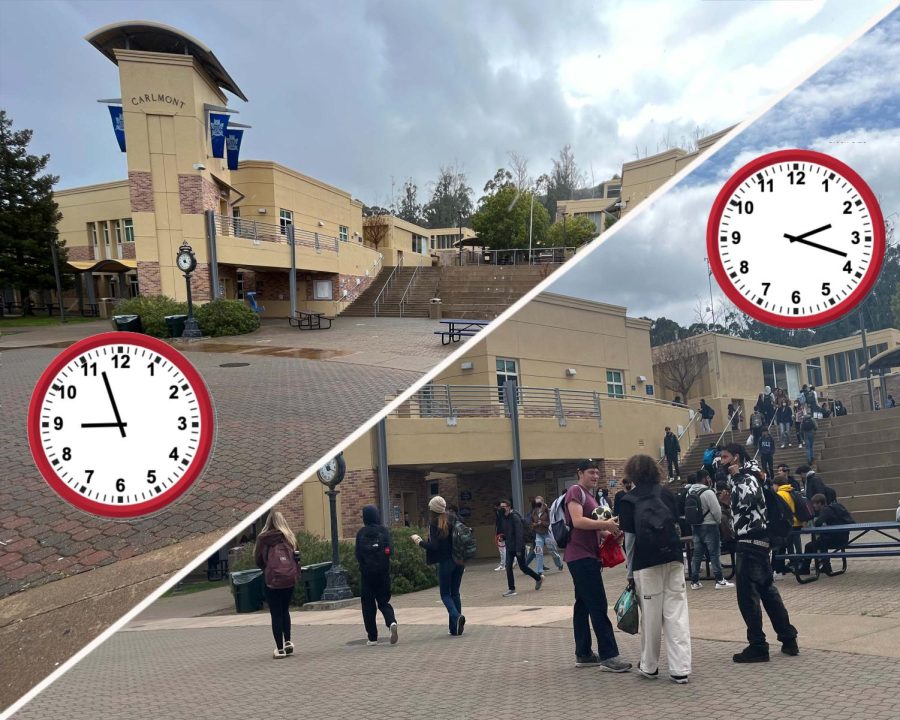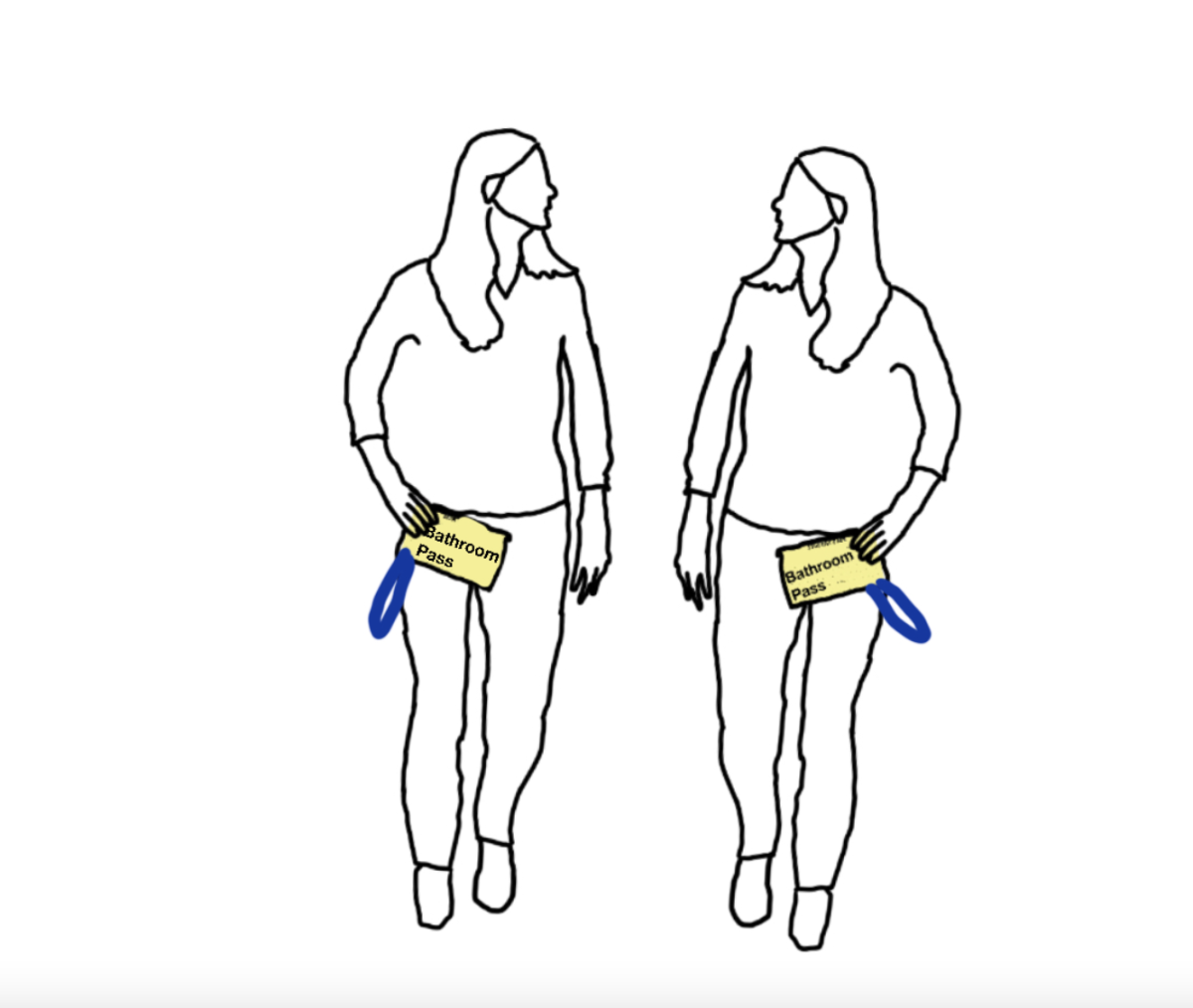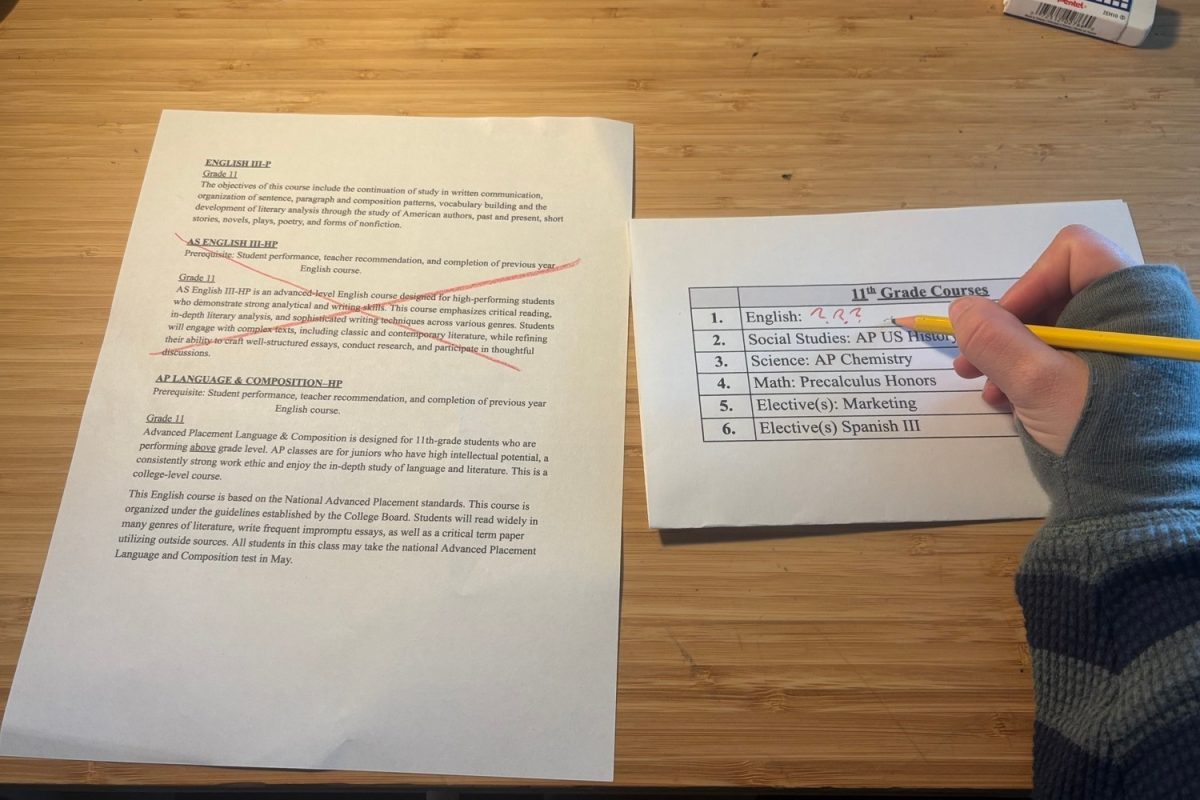An adapted schedule has been created for the CAASSP (a California standardized test), benefiting some classes but leaving others with an early start to their morning.
The schedule consists of an 8:57 a.m. start for juniors and an 11:06 a.m. start for all other classes. While it does not give a late start to the junior class, most students understand that this is a necessity; eventually, each class will have to complete their own standardized testing.
“I would love to come to school at 11 a.m., [but] I would rather come earlier to complete the test than stay longer after school,” said junior Nicole Kopelev.
While juniors were left out of the late start, the other classes at Carlmont appreciated the extra hours in the morning to get a jumpstart to their day.
“I like the CAASPP schedule because I can sleep in,” said sophomore Arin Kadakia. “[I also] have time after school to get my homework done.”
The schedule also dismisses students at an earlier dismissal time of 2:18 p.m. on Wednesday (and Thursday for those without a 0 period), which is greatly appreciated by the student body.
While having an adjusted schedule is nice, standardized testing has many downsides, especially regarding mental health.
“Standardized testing is one of the biggest factors in teenage depression, stress, and anxiety, due to the heavy importance of them paired with the competitive nature,” said Psychologist Shannon Kaiser.
Students undoubtedly feel the pressure and stress from the tests.
“[Standardized tests] add a lot of stress on top of the tests I am already taking almost every day,” Kopelev said.
Many disadvantages come with the adapted schedule, but the standardized tests will only last one more week. This may not be appealing to most students; however, this is a significant relief for the junior class.
“Just hang in there; standardized tests are not the biggest thing in the world and are certainly not worth the immense stress,” said Kaiser.












